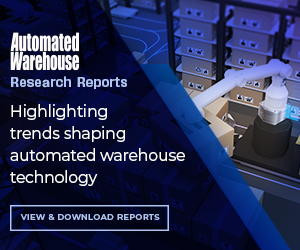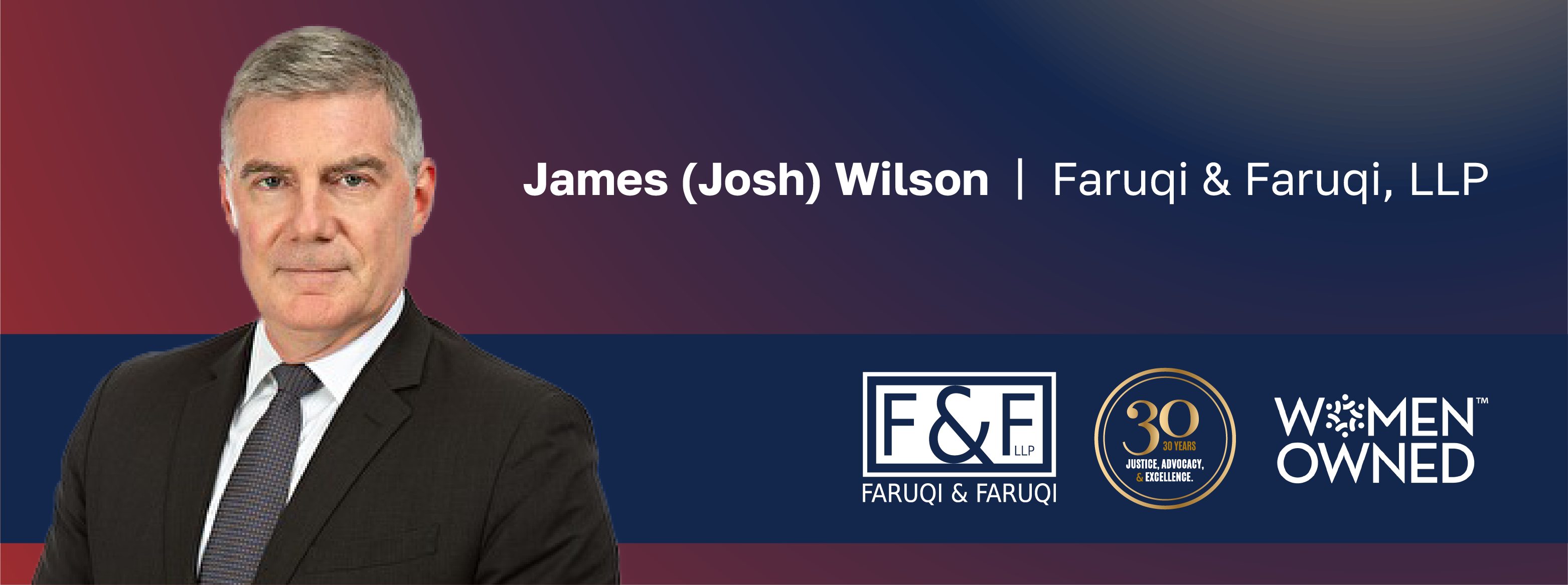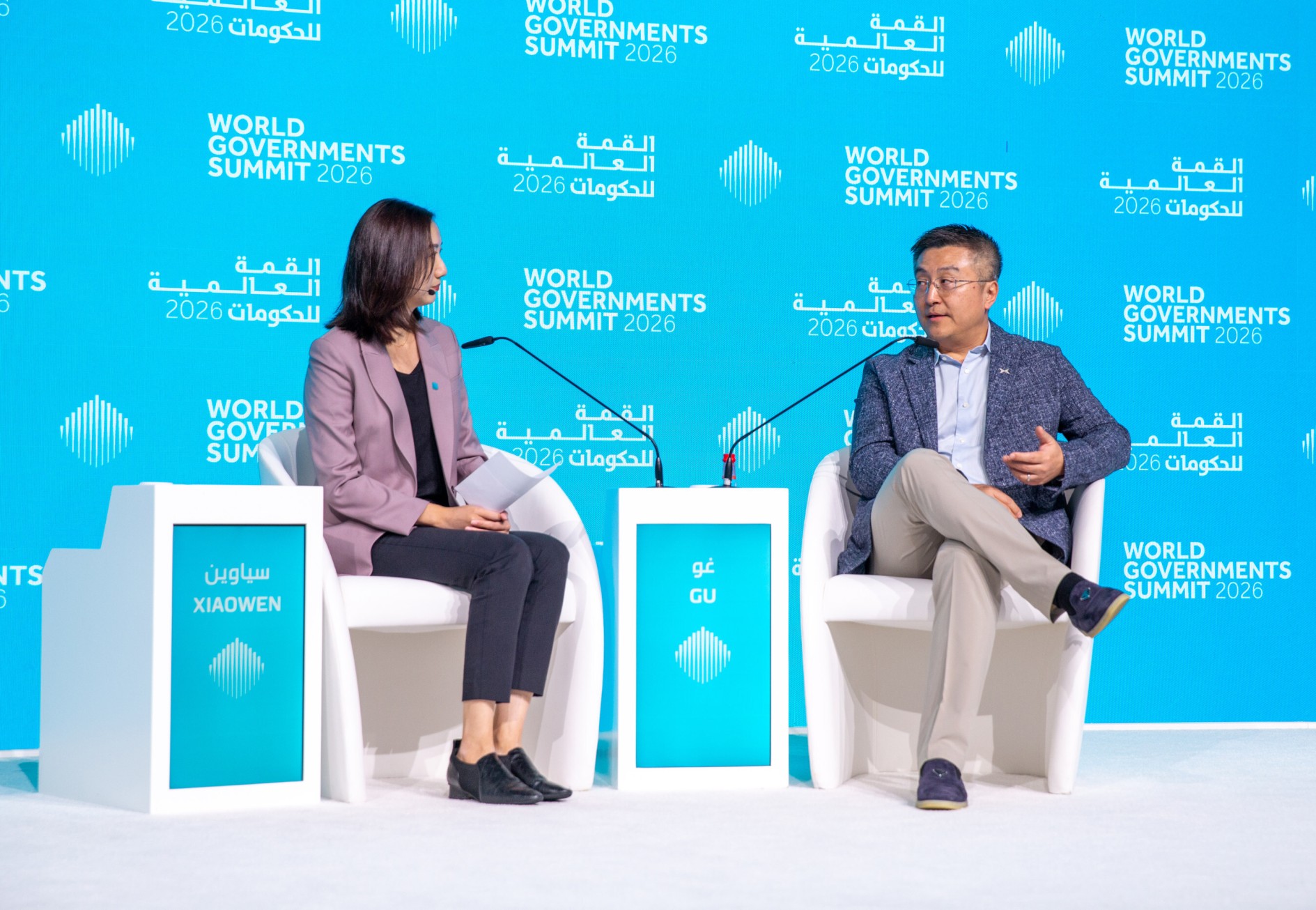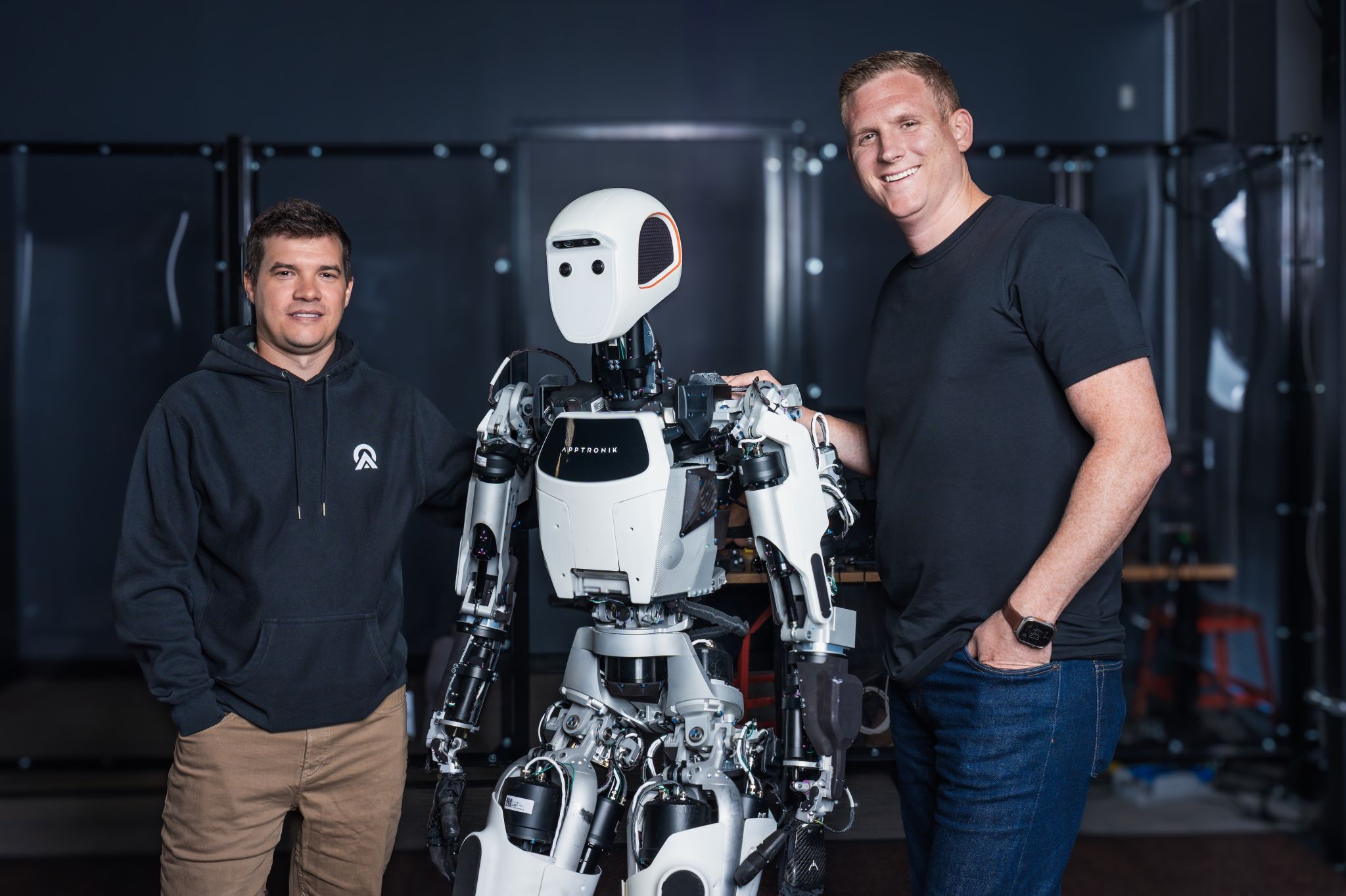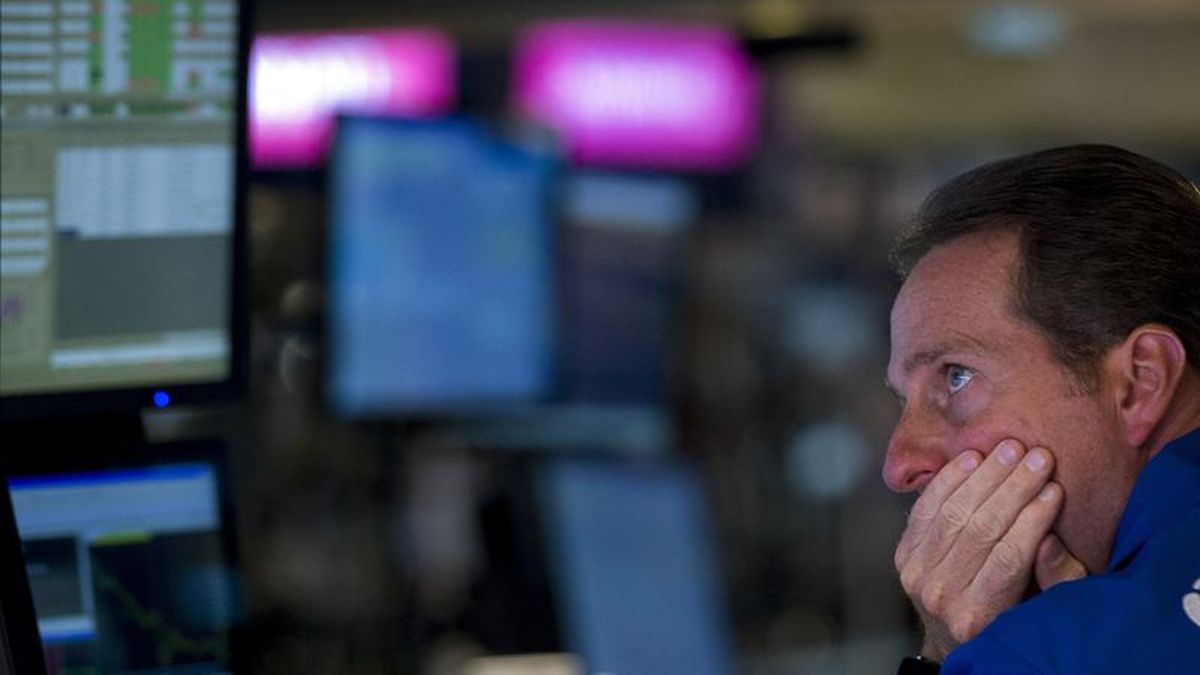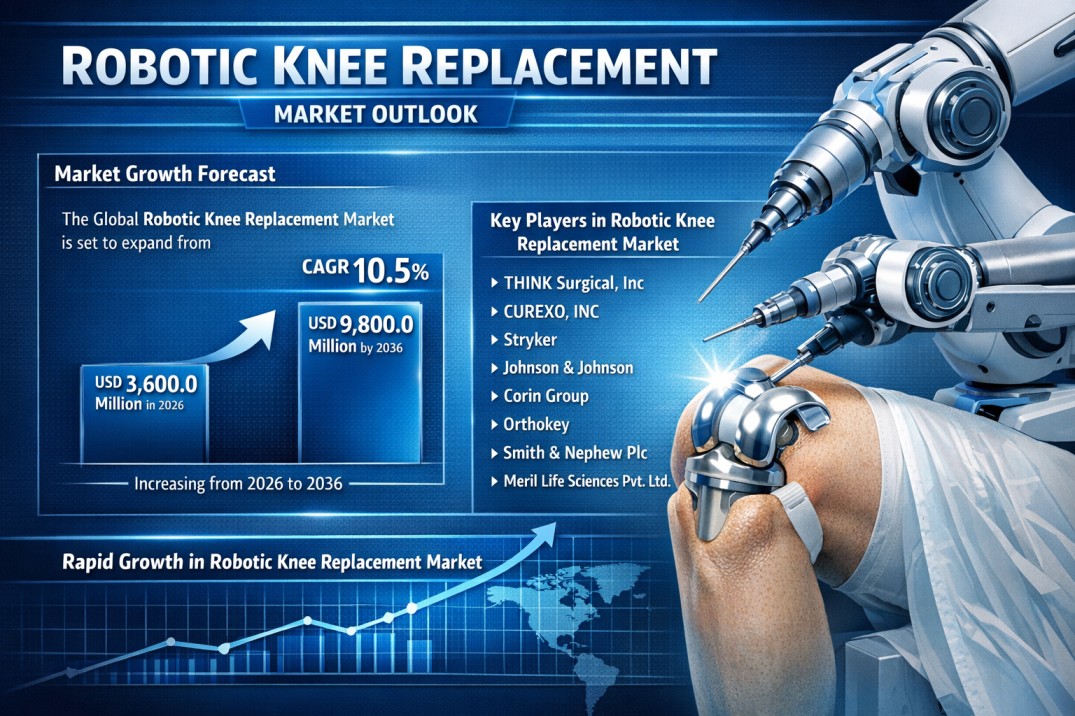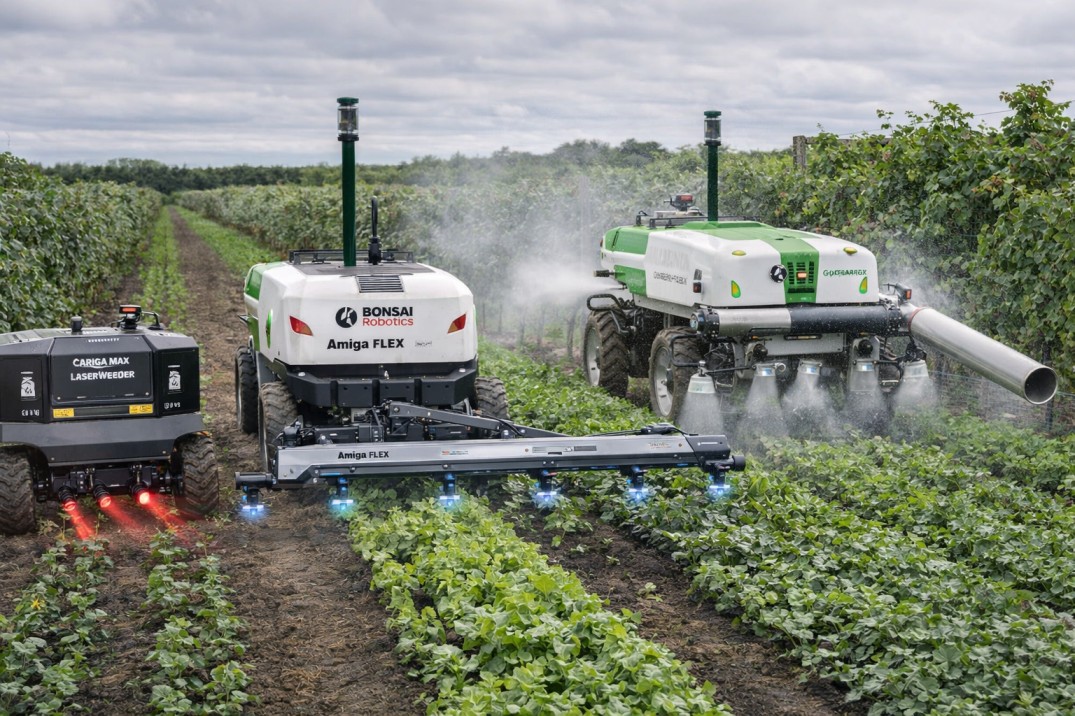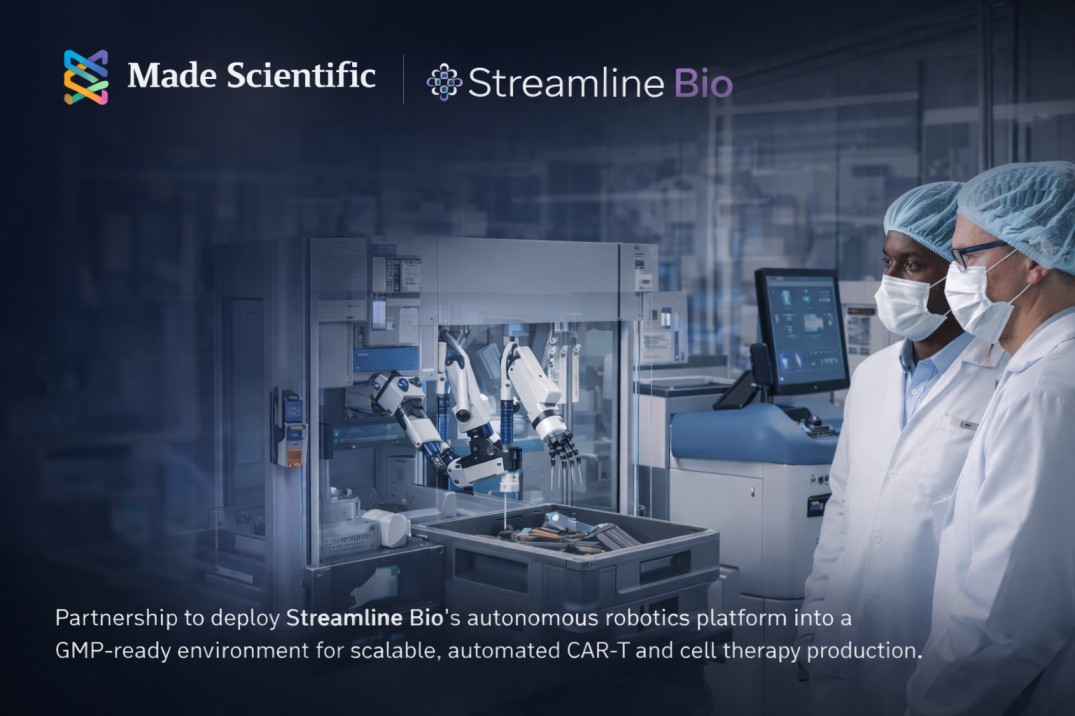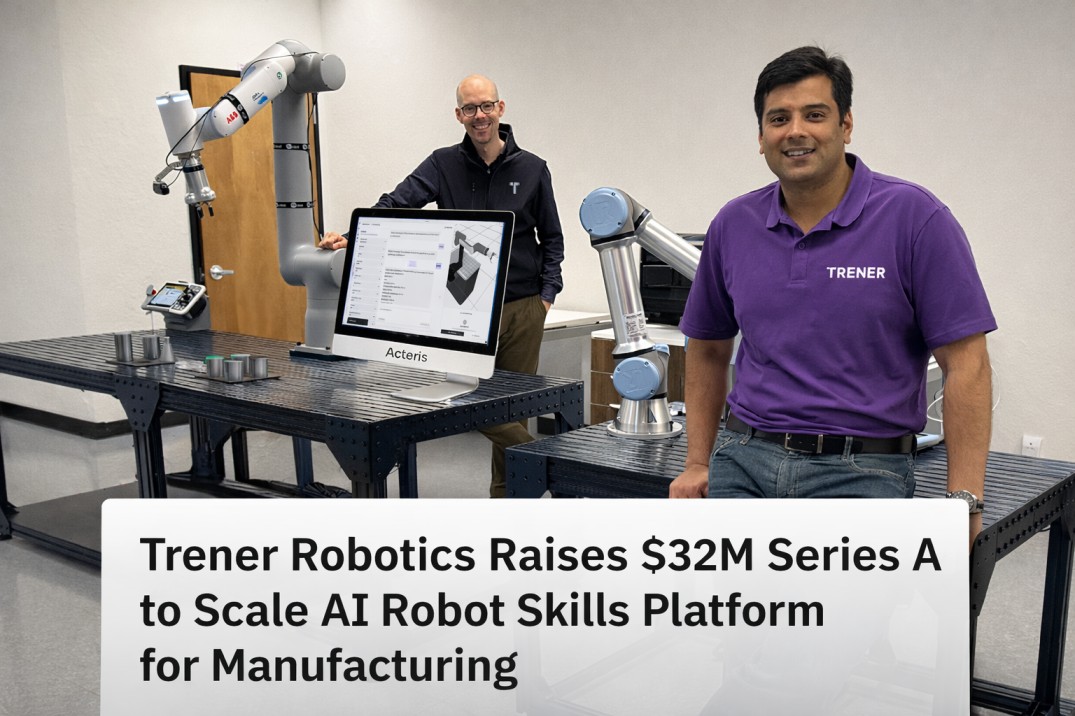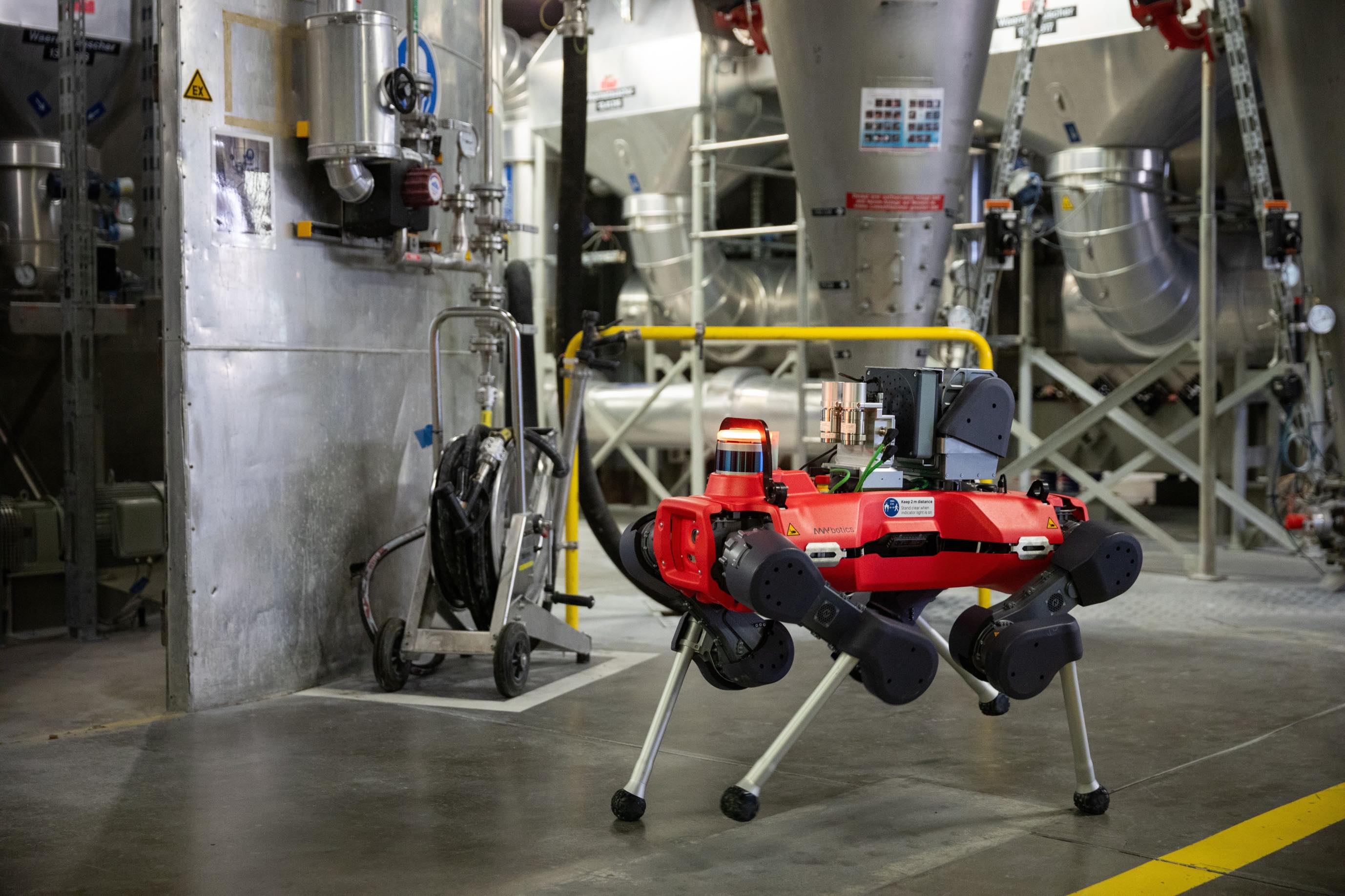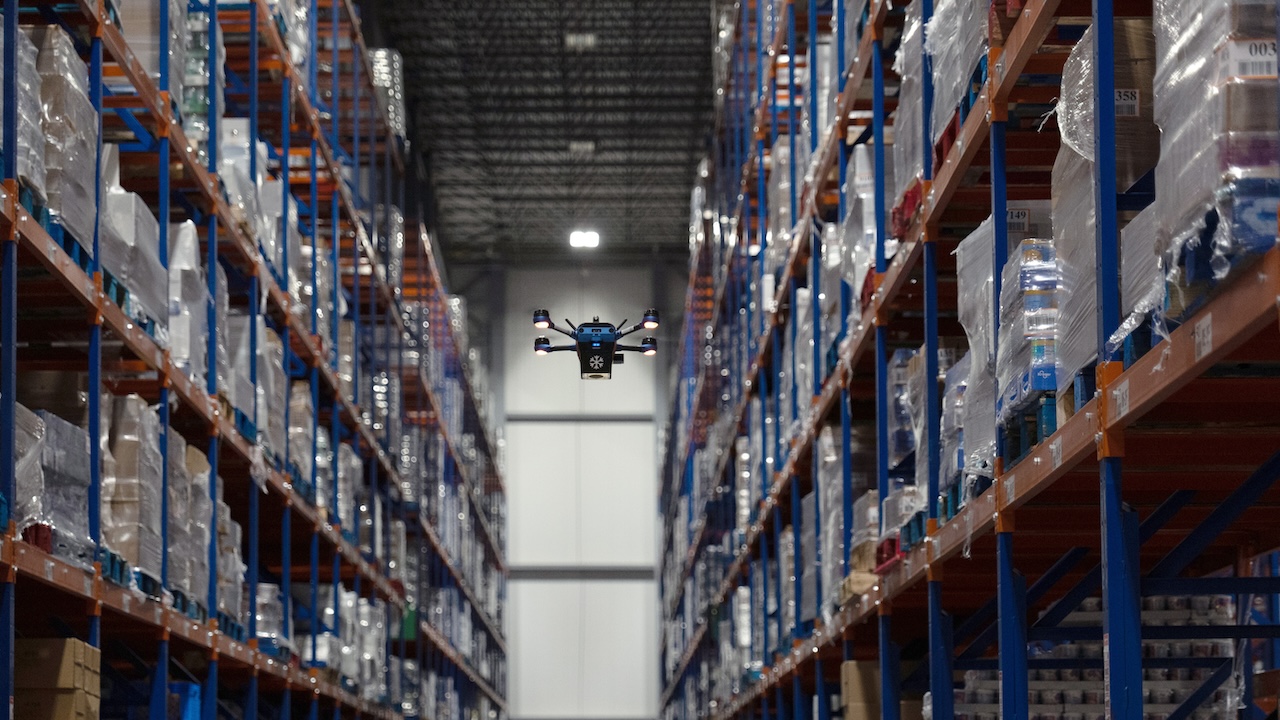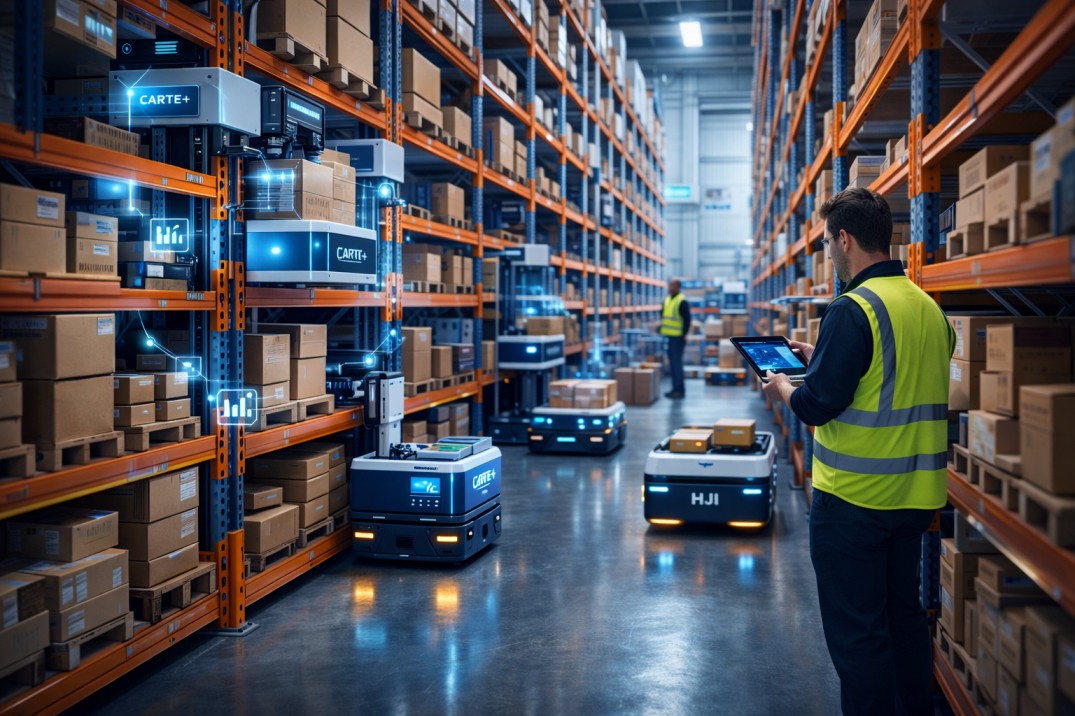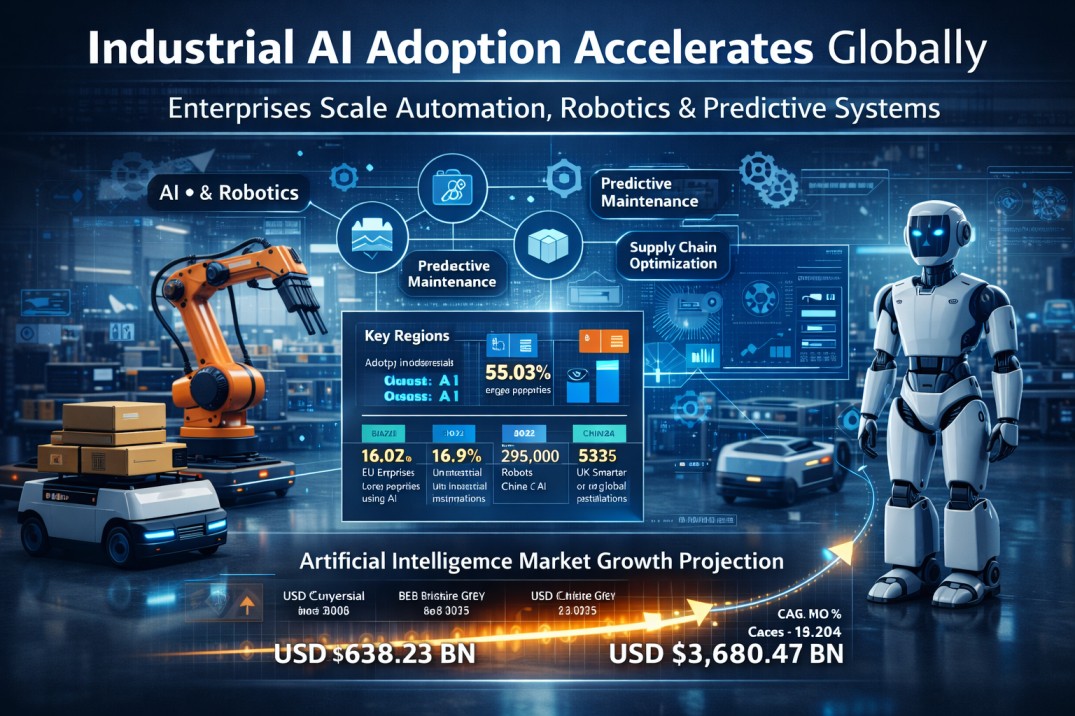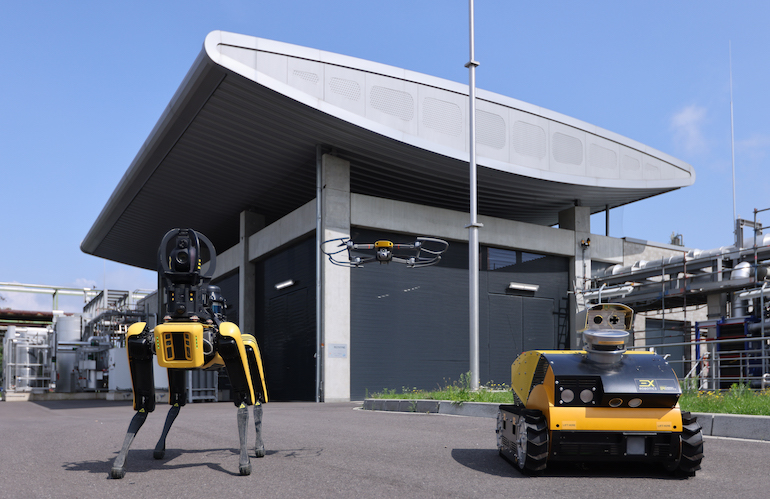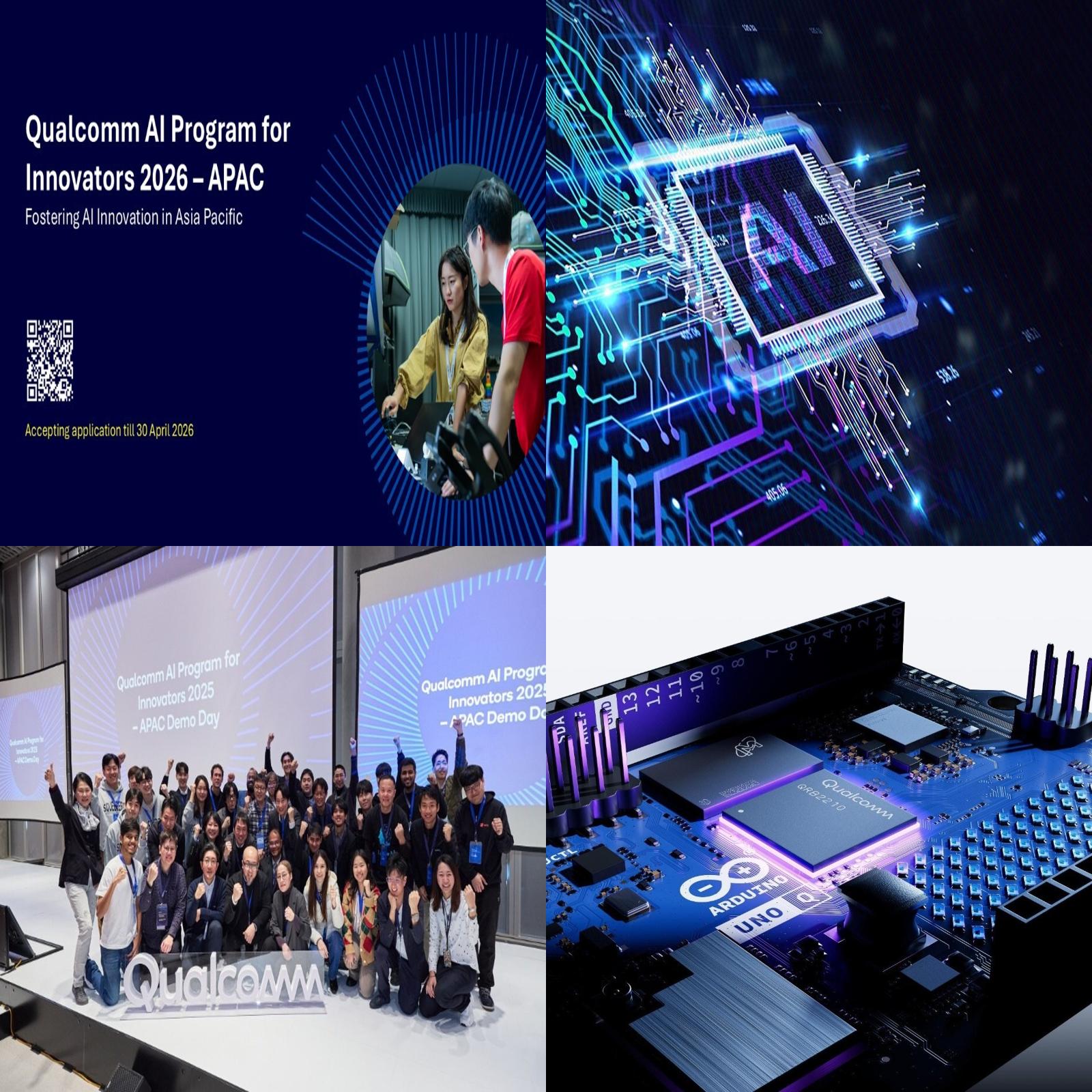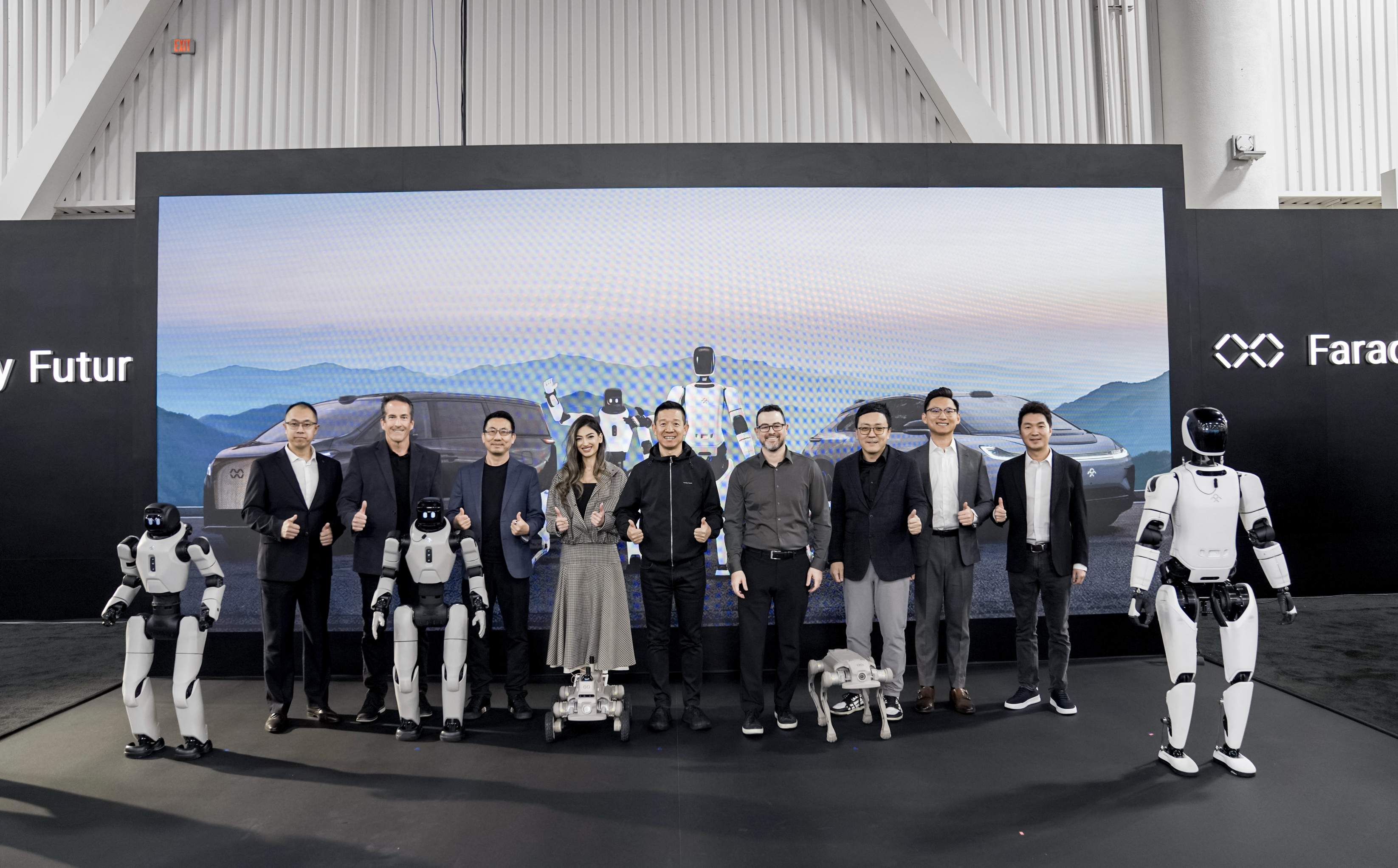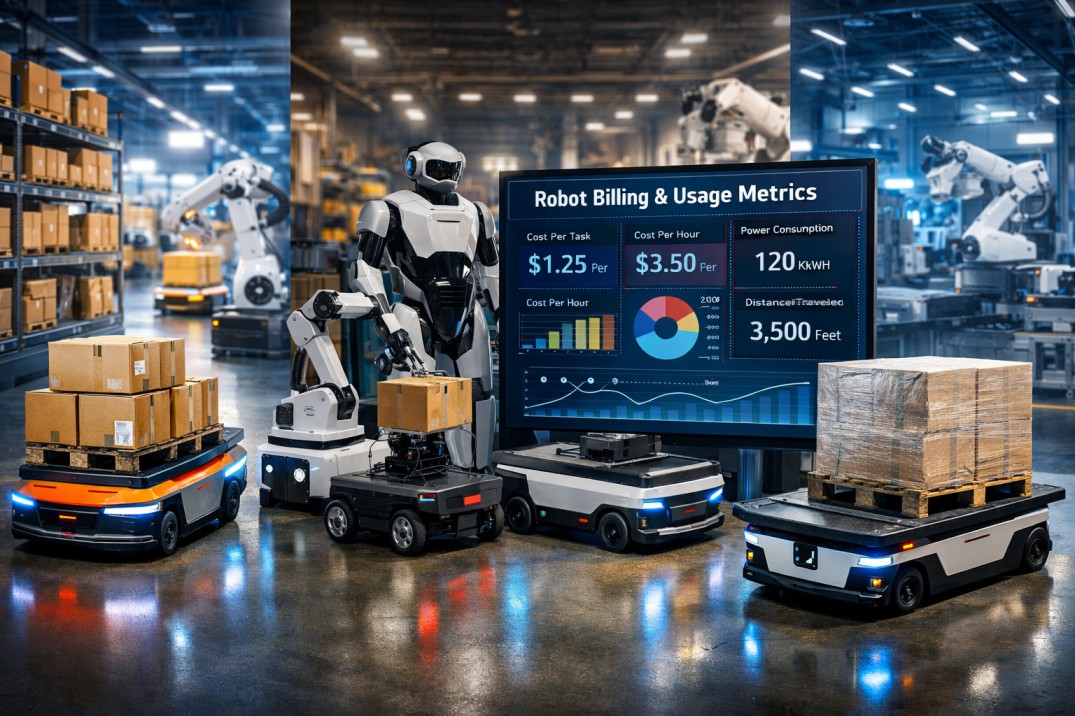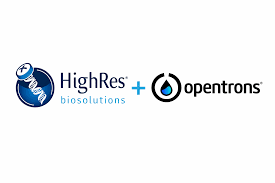Circus SE a global technology leader in AI-powered software and robotics for the food service sector, has officially joined the German Association of Artificial Intelligence Companies, the largest AI network in Germany. With this step, Circus becomes part of a select group actively shaping the regulatory and innovation framework for artificial intelligence across Europe.
The membership marks another strategic milestone in Circus SE’s growth and innovation strategy and highlights the company’s long-term commitment to the responsible and forward-looking development of artificial intelligence. The association connects over 400 innovative AI companies working together to establish a strong, ethically sound, and economically sustainable future for AI — in line with Europe’s vision for digital sovereignty.
As a publicly listed company, Circus SE aims to set benchmarks not only in technological excellence but also in governance and market positioning within the European AI ecosystem. “We believe in AI that is productive, scalable, and socially relevant and that’s exactly what we build every day,” says Nikolas Bullwinkel, CEO of Circus SE. “By joining the German AI Association, we gain direct access to regulatory insights, political decision-makers, and a unique innovation network, giving us not only an edge but real influence.”
Circus SE continues to lead the field of embodied and agentic AI, combining intelligent software with robotics to create autonomous physical systems. With the recent acquisition of Fully AI and its previous collaborations with Meta on AI safety and open model guidance, Circus is doubling down on its proprietary AI-native operating system powering the CA-1 robotics platform and autonomous supply chain infrastructure.
Daniel Abbou, Managing Director of the German AI Association, said: “We are delighted to welcome Circus Group to our association. The intersection of AI and robotics will become increasingly important in the coming years, and companies like Circus represent exactly the kind of innovation leadership Germany needs to maintain its competitive edge. We look forward to their important insights as we work together to shape the conditions for the next generation of intelligent physical systems.”





